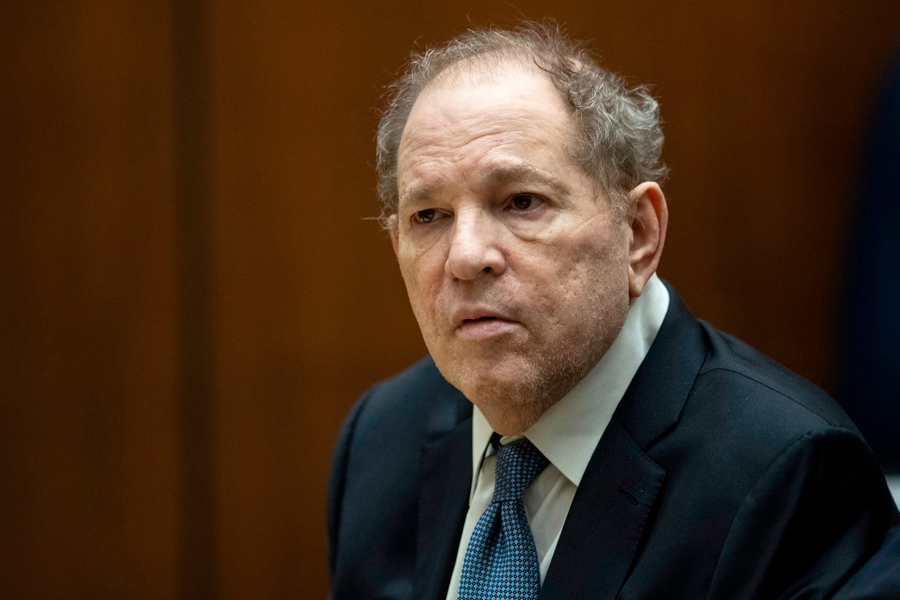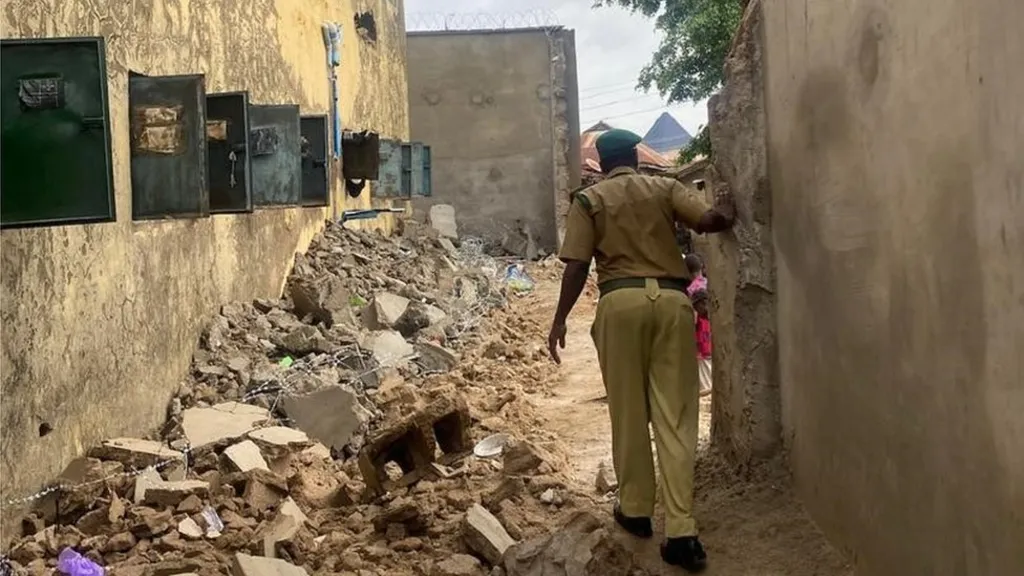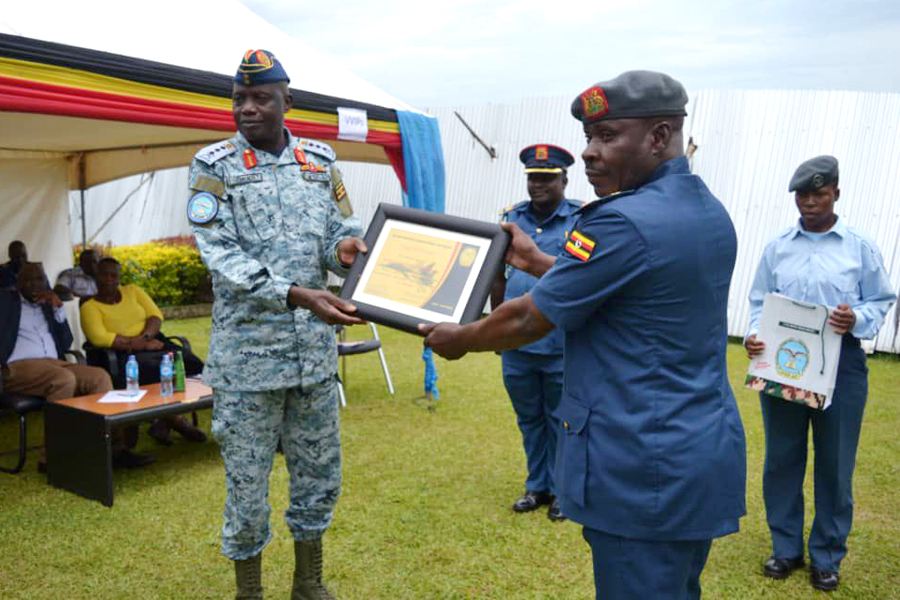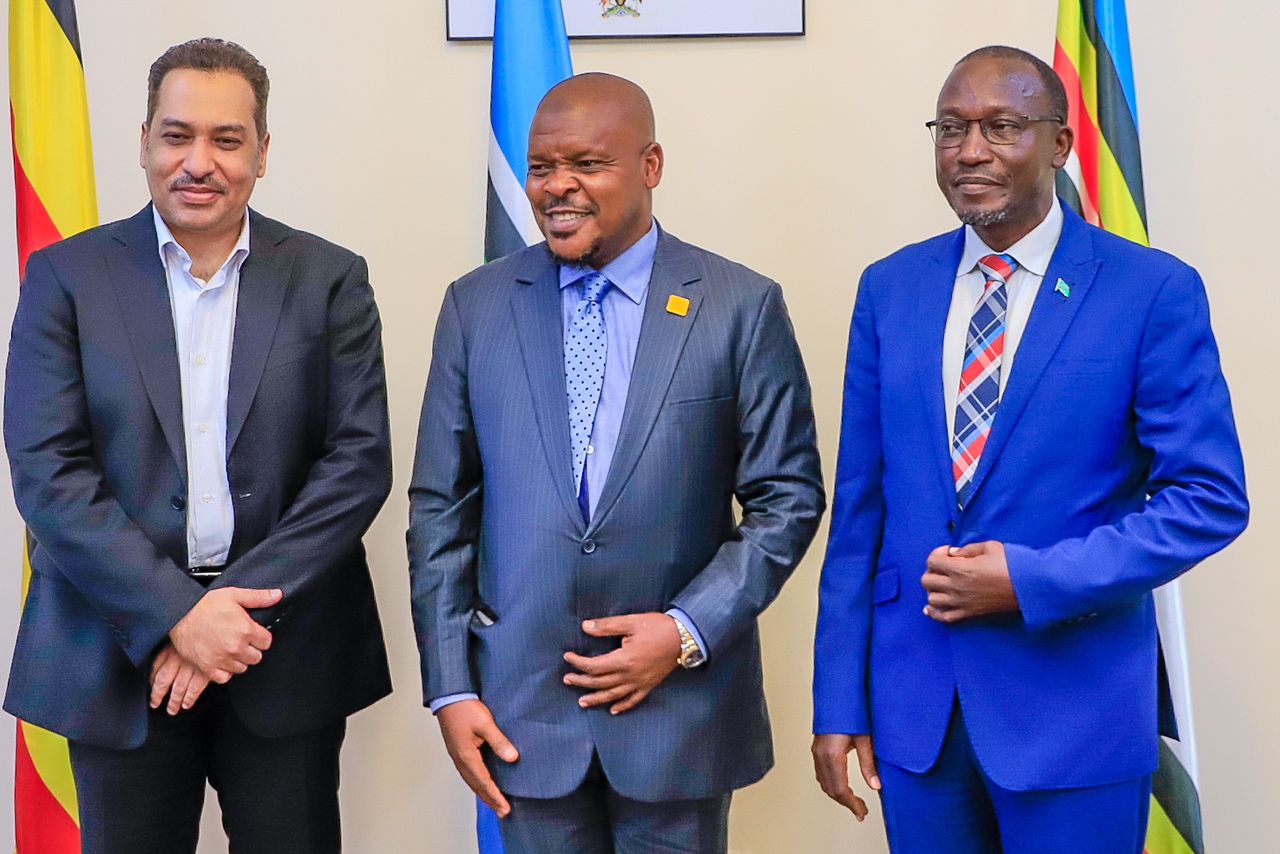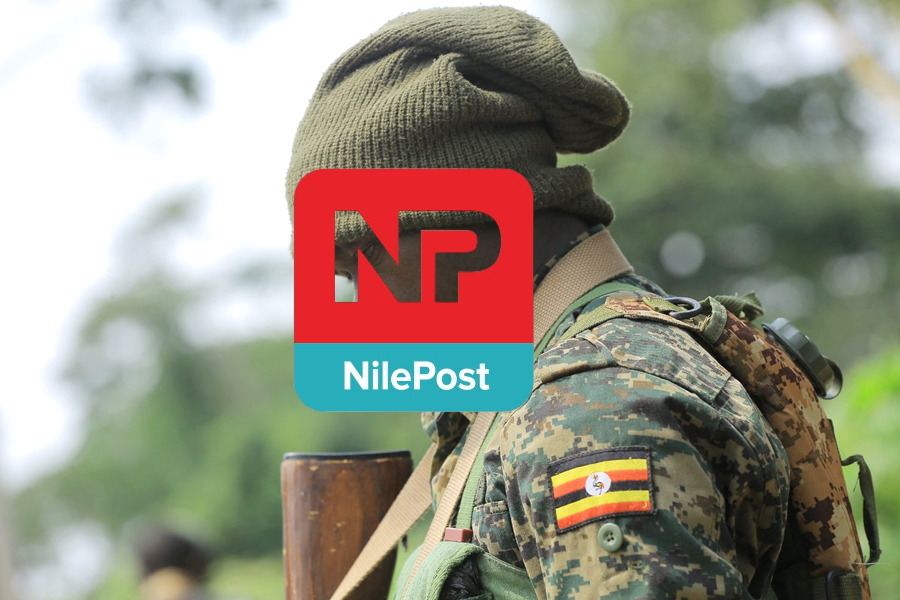NBS INVESTIGATES: Busting the smuggling cartel at Uganda's borders (VIDEO)
NBS Investigates brings you how police at the border district of Tororo has contributed to the loss of billions of shillings through smuggling cartels.
By David Ochieng/NBS Investigates
The act that is common in the two border districts of Busia and Tororo in Bukedi sub region involves police taking bribes from smugglers who are desperate to ensure their smuggled goods reach different destinations.
The breakdown
Bukedi sub region consists of seven districts of Tororo , Busia , Butaleja, Budaka, Kibuku, Pallisa and Butebo. The sub region that is located in Eastern Uganda borders the republic of Kenya to the west with it's population of over 2million people majorly relaying on agriculture and trade for livelihood.
The area hosts the two major entry points of Malaba in Tororo district and Busia border in Busia.
Due to the area’s porousness, a sizeable number of the sub region's population especially those from the two border districts of Tororo and Busia have over the years taken advantage to engage in smuggling as another alternative for survival.
The illicit trade that is majorly done by unemployed youths is believed to be aided by police.
To establish the allegations, NBS Investigates teamed up with David Ochieng, the Bukedi sub region bureau chief to establish the facts. The team looked out for those who have been and still in the smuggling business.
Ninety-nine, not real name, is a 35yr old smuggler who has been in the illegal trade for the last 2 decades. He revealed he has survived several gun shots and seen death up close but remains in the business.
"Am a smuggler and I have been surviving in this business since 1999. Through the business, I have gone through a lot to the extent of cheating death severally but got nothing to do since it's the only thing I grew up doing" Ninety-nine, says
Asking the 35year old on how they beat security deployments at the porous points to reach the smuggled goods to final destinations, Ninety-nine reveals how many of the police officers are in on the smuggling racket.
"Tororo- Malaba when you follow the railway route, Tororo - Busia at the bridge, on the right hand side before the bridge, even if you go there now, there are police officers staged with police van and you have to give them money and a good figure for you to pass" Ninety-nine, reveals..
John Opwada (code name) is yet another smuggler who has taken ages in this business. He as well revealed how the trade is what has kept him and family going.
"Smuggling is my business, I majorly deal in assorted items. I buy these goods from Kenya and later supply within the border districts of Tororo, Iganga and Mbale."
Opwada who mostly uses Tororo-Busia road as his main route to smuggle in goods says the wheel of their motorcycles and the little pay to the deployed police officers in the area is what helps them to succeed in the business.
"At the border of Busia and Tororo, you get police men waiting whatever time you cross , you get them collecting money from people ranging from two thousand to five thousand if you're a new man, they can charge you ten thousand and the speed at which we are running is so high because we are running away from these people." Opwada explains
With these allegations, we spoke to Bukedi Regional police chief, Julius Tusingwire who authoritatively claimed that smuggling in the sub region has largely been tamed.
"Smuggling is really minimised here ..." Julius Tusingwire, Regional police commander Bukedi South, insisted.
Confident words; but does this corresponds with the reality on the ground?
On a number of days, we went undercover with some of these smugglers who conduct their business under the watchful eye of the men in uniform
We accompanied Ninety-nine on one of his cross-border runs, starting from the railway line route in Malaba. It's just a ten-minute walk into Kenya, and we count six uniformed police officers in the vicinity.
Right before we cross into Kenya, we met with a man paying off some Kenya police officers and he was allowed to cross freely with his merchandise.
At the Ugandan side, the same man rushed to pay police officers deployed along the railway route on our sight after which he was equally allowed to proceed with his goods without any interference to his next destination.
When it came to our turn to negotiate clearance of the goods Ninety-nine expected to bring through from Kenya, we were asked to pay a fee of ten thousand shillings of which the express clearance was offered.
On our way back, we went through the payment drill again, starting with the kenya police who took twenty shillings Kenyan currency from us. And having sorted out Ugandan police earlier, here we were just waved at by our friends in uniform.
It was from this experience that Ninety-nine later revealed to us how there are several modes of payment for one to be successful in the business.
"There are four categories of paying. When there's a motorcycle coming, you just throw the money, when there's no vehicle you just give them directly, they receive, and when in a group you clear in advance for all." Ninety-nine adds
This is similar to what our bureau chief David Ochieng once experienced while he was on his way to Busia, another town along the Uganda - Kenya border.
"I was actually going to Busia but reaching a certain check point, I got a number of smugglers from Busia to Tororo. I was surprised and shocked to see officers picking money from these people. I wanted to pull out the camera but I feared because I was alone,” David Ochieng, our Bukedi bureau chief explains
With this confirmation, on our second undercover mission to understand the smuggling world at the two borders this time round with John Opwada, we began our journey from Busia side.
Fast and furious...and in no time, , we reached at the bridge separating the two districts of Tororo and Busia where the officers immediately flagged us down.
Aware of what their interest is, we had our tithe ready for them. Here, we found a police van parked far right in the thicket and soon enough the collection man is upon us.
When we handed him his usual tax, he pretends to check our items and asks for more money.
"Add more money here, five K" he says
We tried to negotiate for our way out but in vain as the police officer insisted for additional money.
"That helps, bro.." the police officer said.
Having no any other option than effecting the pay, we pull more money to the police officer's satisfaction and easy as that... we got cleared to proceed.
Regulars on the route say failure to pay up the required bribe can lead to loss of one’s goods or even worse.
"The moment they say pay us may be ten thousand, if you don't have that money, they have to take your things until you get money and pay them.
"Sometimes when you refuse to give, you can be beaten up and they have connections with revenue people.”
You can find the full NBS Investigates on Afromobile.









